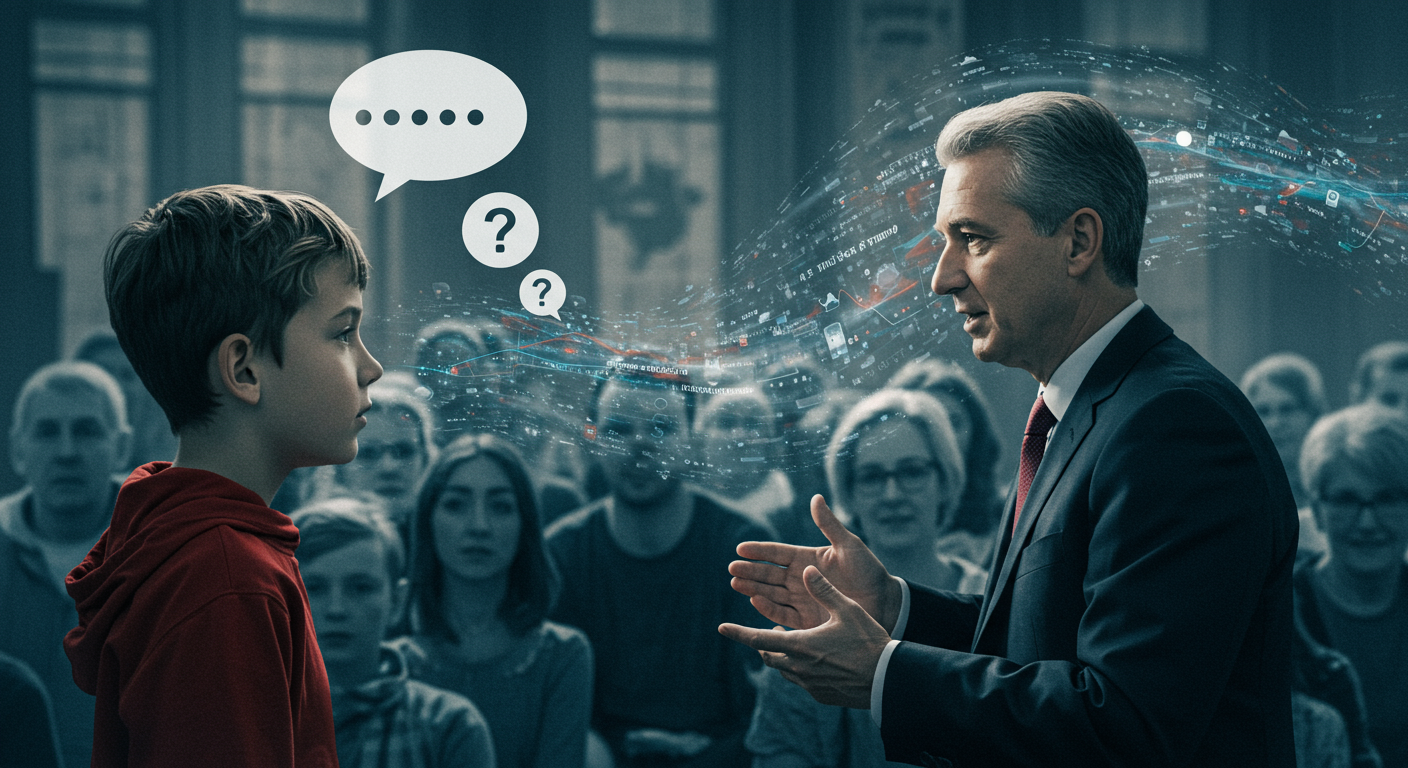
A recent viral video captured a moment that, while seemingly innocuous, sparked a deeper reflection within me. A young boy, with innocent curiosity, asked Rahul Gandhi about his marriage plans. Rahul Gandhi's response, handled with grace, highlighted the unique tightrope public figures walk between their personal lives and public personas.
This interaction immediately brought to mind my past contemplations on the nature of personal data and the public sphere. In 2019, I penned my thoughts on the evolving landscape of data privacy, particularly how the concept of 'critical personal data' was being defined and protected. I questioned how quickly technology was moving and whether our legal and societal frameworks could keep pace with defining fundamental terms like 'personal' and 'private' in the digital age Changes likely in proposed data privacy rules. The essence of that thought was about the control an individual has over their own information, whether explicitly collected data or implicitly revealed personal details.
Even an inquiry about marriage, however light-hearted, becomes a piece of public discourse, subject to speculation and discussion. This isn't just about formal data collection; it's about the ever-present public gaze that treats personal aspects of prominent individuals as fair game for consumption. My earlier writings, such as those discussing the desirability and mechanisms of storing personal data within India, underscored the principle that once out, control over data diminishes WHY Personal data needs to be stored in India?.
Rahul Gandhi himself has been at the center of broader discussions where personal details, or allegations involving them, enter the political narrative. The mention of Larissa Nery, a "Brazilian model," in the context of his "vote chori" claim, as reported by The Indian Express, further exemplifies how personal identities can become entwined with public discourse, often without the individual's full control or consent The Indian Express. This makes me reflect that the core idea I wanted to convey years ago, about the critical need for clear boundaries around personal data and the right to privacy, is still incredibly relevant. I had even predicted the challenges of maintaining control over personal narratives, and now, seeing how such instances unfold, there's a renewed urgency to revisit those early insights.
The question, then, isn't just about whether Rahul Gandhi will marry, but about the unspoken understanding we, as a society, have about the 'personal' lives of 'public' people. Where do we draw the line? And more importantly, how do we ensure that while public figures dedicate their lives to service, their fundamental right to a private existence is not entirely eroded by perpetual scrutiny.
Regards,
Hemen Parekh
Of course, if you wish, you can debate this topic with my Virtual Avatar at : hemenparekh.ai






No comments:
Post a Comment